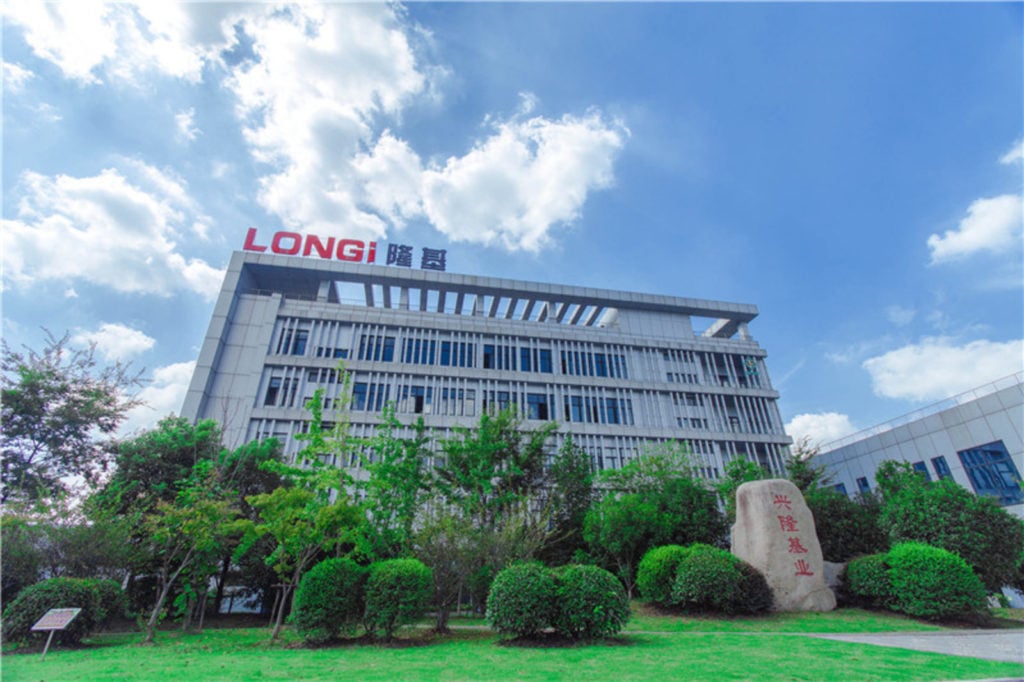
Solar manufacturing giant LONGi has withdrawn from a public procurement process for a Romanian solar project after the European Commission (EC) launched an investigation into possible “market distortion”.
Following LONGi’s withdrawal, the EC will close its investigation. LONGi issued the following statement on the matter:
Try Premium for just $1
- Full premium access for the first month at only $1
- Converts to an annual rate after 30 days unless cancelled
- Cancel anytime during the trial period
Premium Benefits
- Expert industry analysis and interviews
- Digital access to PV Tech Power journal
- Exclusive event discounts
Or get the full Premium subscription right away
Or continue reading this article for free
“LONGi is fully committed to working with its partners across Europe to deliver its innovative clean energy solutions and ensure Europe can meet its ambitious renewable energy and climate goals.”
The EC launched investigations in April into two consortia, one consisting of LONGi’s German subsidiary and the ENEVO Group; and the other comprising Shanghai Electric and a UK subsidiary. The investigations were due to suspicions of “market distortion” and violating the EU’s Foreign Subsidies Regulation (FSR).
The FSR is designed to limit the effects of foreign financing on the EU market and mitigate the undue influence of non-EU governments in the bloc. Non-EU companies must disclose financing from non-EU governments made towards joint ventures with a turnover of more than €500 million (US$428.6 million) or where the foreign financial contribution is more than €50 million (US$42.9 million).
The project in question is a proposed 110MW solar park in Romania, for which a tender was offered by Societatea Parc Fotovoltaics Ronvinari Est S.A., a Romanian contracting authority, with some support from the EU Modernisation Fund.
In early March, the chairman of LONGi issued a statement urging the Chinese government to crack down on the “unsustainable” low-price of solar modules in China and subsequently across the world. Later that month, reports emerged that the company was likely to slash its workforce by around 30%.
Last week, the chairmen of fellow Chinese solar giants Trina Solar and JinkoSolar said that module prices had almost reached their bottom and might begin to stabilise in the future.






